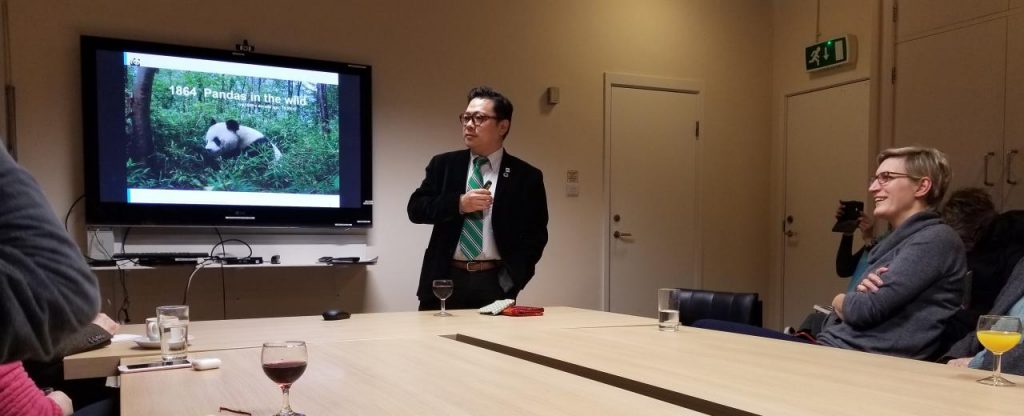Clare Hall Colloquium Lent 2025
Clare Hall’s Colloquia provide members of the College – especially (but not exclusively) Visiting Fellows and Life Members – with an opportunity to present their research, whether in its early stages or already published, in a friendly setting. They are a great way to discuss your ideas, meet fellow members and to contribute to our vibrant community.
The Colloquia typically consist of a 30-45 minute presentation followed by discussion. We attract an audience from many different disciplines and post-talk dialogue is often very lively and constructive. Talks are intended to be accessible to a general audience and speakers are requested to avoid unnecessary jargon and obscurantist language. Presentations are intentionally kept ‘in-house’ with no videoconferencing or recording. The Colloquia take place in term time, 7.30-9.30pm, in the Clare Hall Meeting Room. Refreshments are provided.
Lent 2025 Programme
21 January: Seppo Poutanen (U. of Turku) – Banished from their material campus: how did closures related to the COVID-19 pandemic affect European doctoral researchers?
28 January: Miriam Solomon (Temple U.) – On conceptual engineering in psychiatry: is it time to eliminate or reappropriate the category of psychiatric disorder?
04 February: Ping Sheng (Hong Kong U. of Science and Technology) – Acoustic metamaterials.
11 February: Laura Fabbri (University of Bologna) – A journey through High Energy Physics: what we know, what we don’t know and what we pretend not to know.
[18 February: KING LECTURE – Not in the Colloquium series]
25 February: Barbara Sahakian (U. of Cambridge) – Brain boost: healthy habits for a happier life.
04 March: Anne Kovalainen (U. of Turku) – Last resort of digital advice: libraries’ changing role in Finland.
11 March: Elizabeth Elbourne (McGill University) – San performers in Victorian Britain: a microhistory
